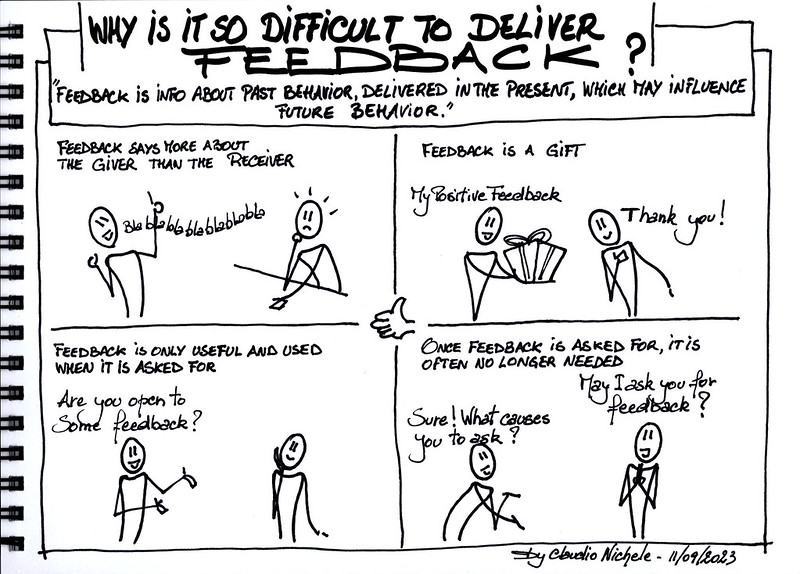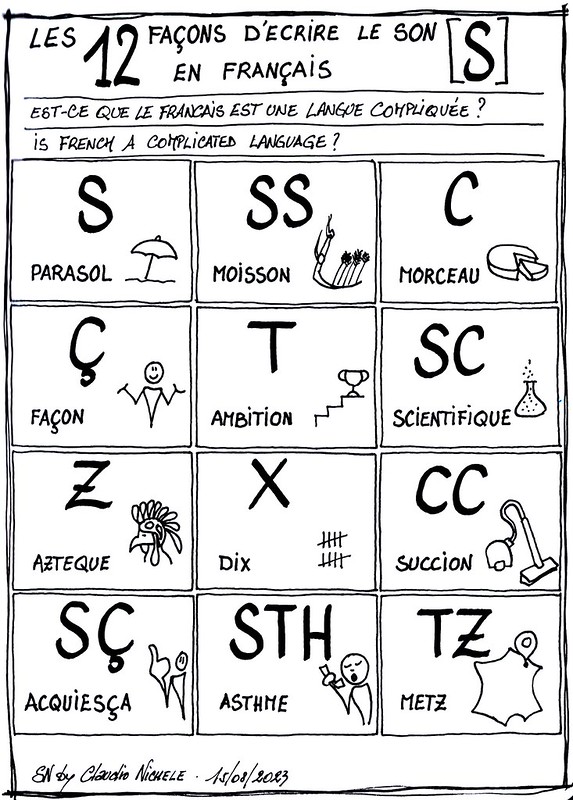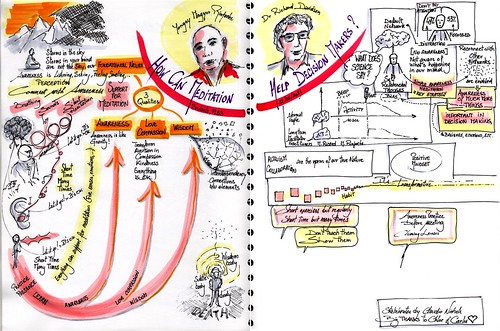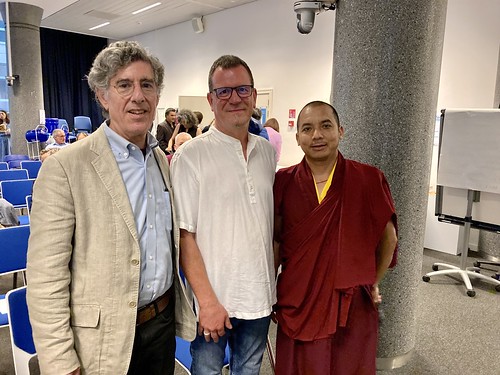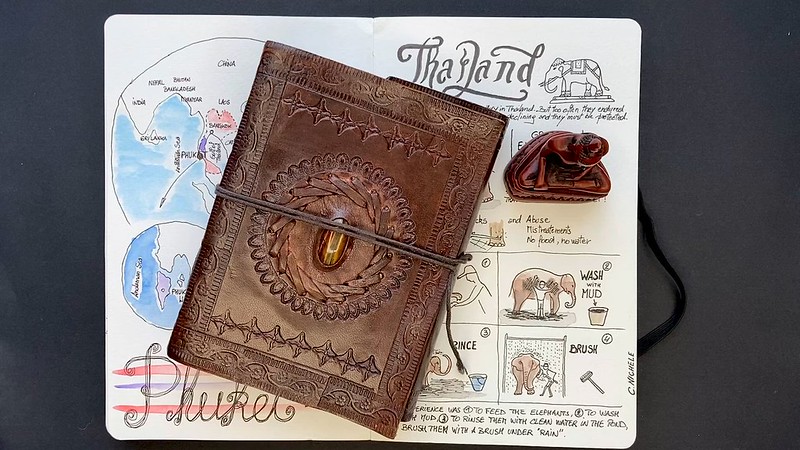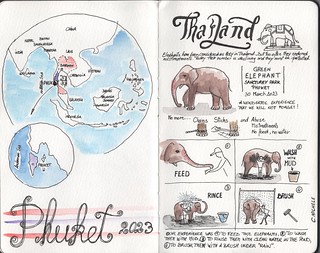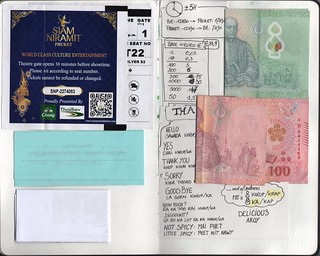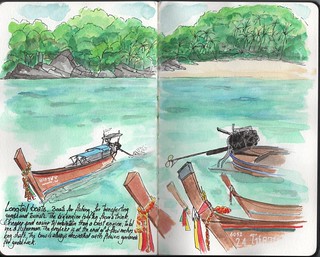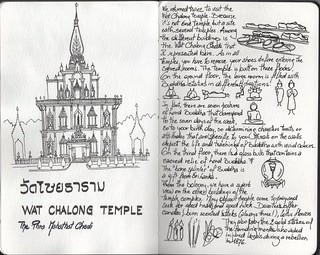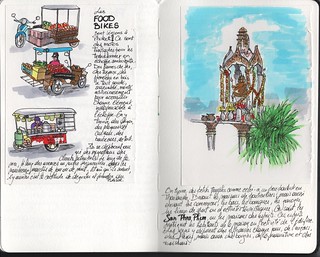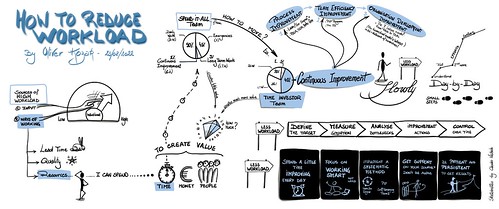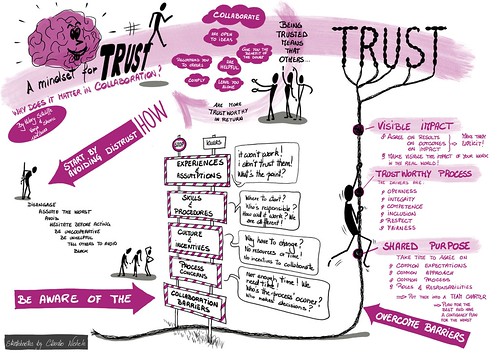The importance of harnessing the power and benefits of visual thinking has never been more evident. It’s a valuable skill for enhancing our listening abilities, concentration, memory retention, and visually reimagining information processing by summarising and filtering it. As a colleague told me recently, “you do knowledge synthesis in its most practical form!“. Moreover, visual thinking is a critical tool for gaining clarity in the face of complexity, helping us tackle intricate subjects.
It had been over a decade since Catherine Focant and I rekindled our discussion on introducing visual thinking and sketchnoting within the European institutions. In October 2023, we achieved a significant milestone by delivering the first-ever internally offered course on sketchnoting and visual thinking at the European Commission. The initial 20 spots filled up rapidly, and we were pleasantly surprised to find the waiting list for future sessions grow daily, eventually reaching over 350 eager colleagues.
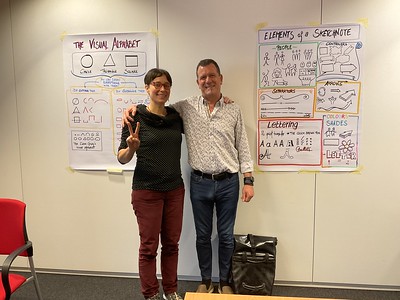
For the enthusiastic participants, it was a transformative journey. Many of them began with the misconception that “I cannot draw“, but they left the course with newfound confidence, now able to create simple visuals combined with lettering. They also discovered that drawing skills are closely linked to active and deep listening.

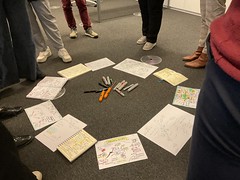

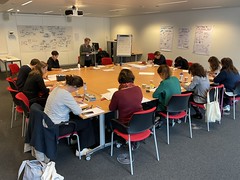
The overwhelmingly positive feedback and their commitment to practicing visual thinking were the most cherished gifts for us. Starting tomorrow, we invite them to join a newly established community of practice on Sketchnoting within the European institutions, and we encourage them to explore the global community of practitioners worldwide. If our motto is “Draw and share,” I genuinely believe that I received far more from them than what I imparted during the course.

This blog post is available on Linkedin as well.

